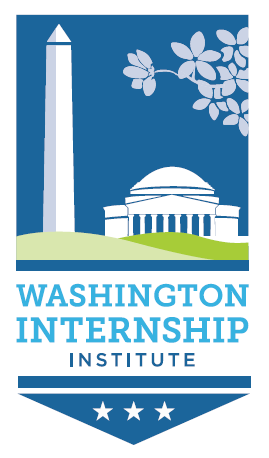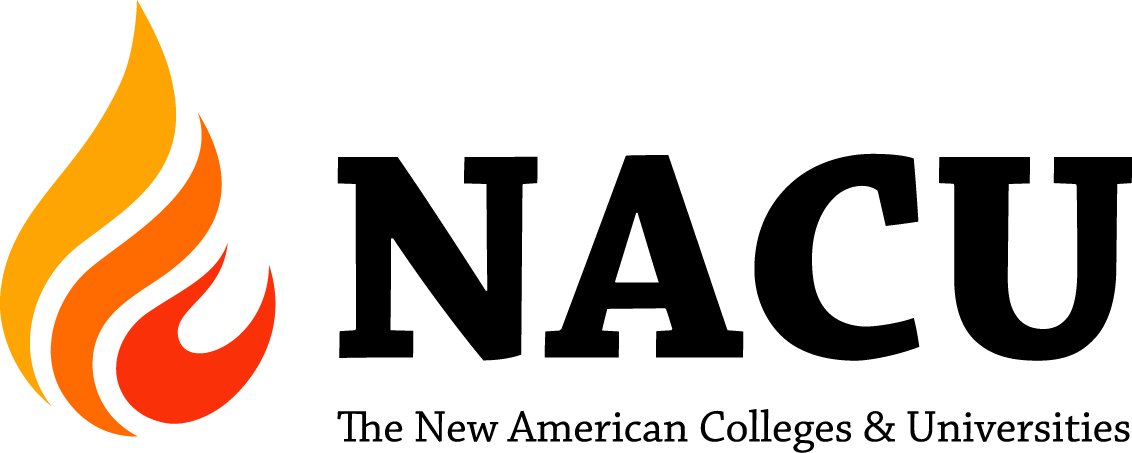Polls are great. And awful. They tell us what people think and allow us to make connections between different data points that can elucidate and educate. They can also lead us to conclusions that are too simple and all-encompassing.
The Gallup-Purdue Index is an invaluable tool for anyone interested in better understanding and improving the connections between higher education and the world of work, among other things. From their latest data (cited in the article linked below), a lot stands out that proves the worth of internships, especially related to their worth to students after graduation:
Recent graduates (those who graduated from 2002–2016) who had a relevant job or internship while in school were more than twice as likely to acquire a good job immediately after graduation. More than four in 10 of these graduates (42%) who strongly agree they had a relevant job or internship as an undergraduate had a good job waiting for them upon graduation, compared with just 20% of those who did not strongly agree.
What I want to highlight here is the idea of a “relevant” internship (or job) resulting in gainful employment. We pride ourselves on helping students find internships suited to their interest and future pursuits. That isn’t just conscientious service to students; this polling demonstrates it is valuable.
[S]tudents in social sciences, hard sciences and business who had a relevant job or internship are also substantially more likely to have had a good job waiting for them after graduation. Even arts and humanities majors who had these types of relevant work experiences in college are more than twice as likely to have had a good job upon graduation.
And, the data demonstrates that such professional experiences in college help students after graduation, regardless of discipline. Indeed, it may be even more important for students majoring in disciplines where internships relevant to their students might be more challenging to envision or find — like the arts and humanities. An internship for a philosophy major isn’t exactly the first thing one finds on job boards.
Across all majors, students who strongly agreed that they had a job or internship where they could apply what they were learning in the classroom are significantly more likely to be in jobs that are completely related to their undergraduate studies.
To reiterate: students who have relevant professional experience in college are finding employment in relevant fields after graduation. The old, disproved saw about the English-major-turned-barista is easier to discredit when that English major is afforded English-related internships in college that turn into English-related jobs after graduation.
Higher education, thus, needs to pay attention to this data. Across disciplines, faculty and administrators need to encourage students to find opportunities related to those disciplines; businesses and organizations need to offer those opportunities to students to provide experience for their future employees.
Writers affiliated with the Purdue-Gallup Index agree that higher education needs to pay attention to their data. Their conclusion outlined in their article, “Why Colleges Should Make Internships a Requirement,” however, is a bit more extreme than I would recommend.
I had an inkling that I would not completely agree with their argument after reading their first sentence:
The top reason students, parents and the public value higher education is to get a good job.
I have noted elsewhere how I can nearly cringe when higher education is valued solely as a transaction: college=job. To be fair, this is not exactly what these authors are positing; they are merely stating their survey data. However, by foregrounding and not interrogating this result, the authors implicitly argue that this finding is correct. And, I recognize that not wanting to see higher education’s primary purpose as job preparation is a privileged position; at the same time, much is lost when we value higher education only for that purpose.
If higher education were a constituent-responsive industry, it would take this information very seriously and rigorously measure whether graduates land in a good job — or not.
This assertion is plainly false. Higher education is constantly criticized for being too responsive to its constituents (students, in this case). Further, I know career development professionals in higher education who take this information very seriously and would love to more “rigorously measure whether graduates land in a good job .” Unfortunately, their data often relies upon alumni surveys, and, once a student graduates, it is notoriously difficult to keep track of them or, once found, have them respond consistently to surveys. Gallup-Purdue surveyed some 11,000 college graduates; that could comprise the graduating classes for two years at some large universities.
But the truth is, higher education institutions and accreditors are out of sync with what the public and students want most from a college degree. And nothing will improve this more than this one step: Making an internship — where students can apply what they are learning in a real-world work situation — a requirement to graduate.
To some, this assertion seems anodyne; if internships are so great, require them so every student will participate. Of course, such a simple solution belies the challenges of doing so. Imagine the infrastructure required to enable such a requirement, including the faculty support (most of which at this point is an often unacknowledged and almost always uncompensated burden on faculty workload) and administrative machinery necessary to make such a requirement actually functional. Further, where are all of these internships going to appear from? Sure, perhaps you can find 10,000 internships for University of Washington students in Seattle, but can you find 6000 internships for Washington State University students in Pullman, with a population of less than 30,000?
By emphasizing — or even requiring — relevant jobs and internships as part of the undergraduate experience, colleges and universities set their graduates up to acquire good jobs after graduation in fields where their work is directly relevant to their undergraduate studies. And, as a result, these students recognize the value of their investment in their degree.
It is here that the authors perhaps reveal that their article title and previous policy suggestion were little more than attention-grabbing: “emphasizing — or even requiring — relevant jobs and internships.” That little parenthesis does a lot of mitigating.
I doubt there are many in career development who don’t want to emphasize relevant internship opportunities in students’ academic careers, and you see more and more colleges and universities providing better guidance and opportunities to students.
Finally, I continue to want to push back against this notion that the poll’s findings are the correct way of looking at the value of a college degree. Just because a good job after college is the easiest measure of the value of a college degree does not mean that it is the only or best measure of that value. Using poll results to justify a completely unrealistic (and ultimately abandoned) proposal does no service to those who champion internships and their value, but instead hampers discussion between them and those in academia who do not see their value.






